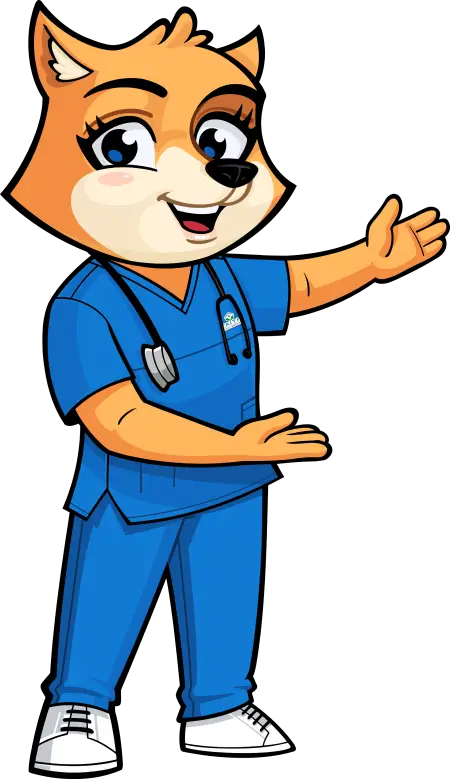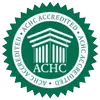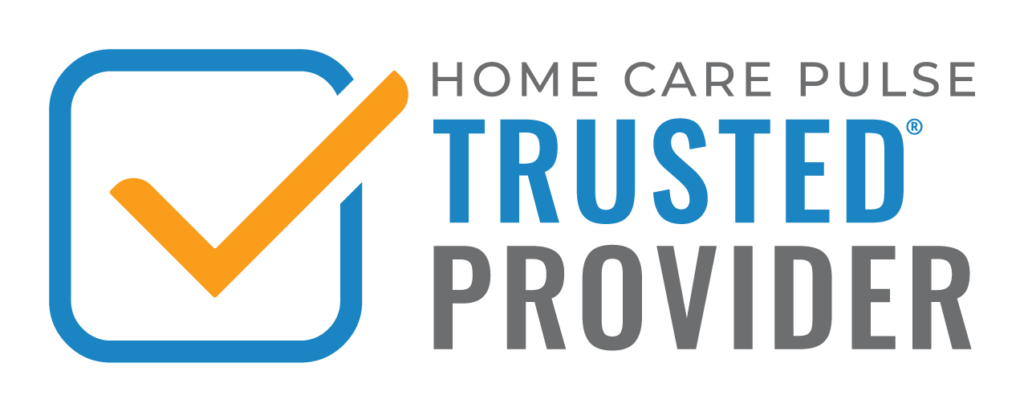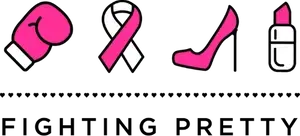Frequently Ask Questions
Home Health Care Frequently Asked Questions (FAQs)
What is home health care?
Home health care is a wide range of health care services that can be given in your home for an illness or injury. It’s typically less expensive, more convenient, and as effective as care you get in a hospital or skilled nursing facility.
Who can benefit from home health care?
Individuals recovering from surgery or hospitalization, those with chronic health conditions requiring ongoing care (such as diabetes or heart failure), elderly individuals needing assistance with daily activities, and patients with mobility challenges or disabilities.
What types of services does home health care include?
Services range from skilled nursing, physical therapy, occupational therapy, speech-language pathology services, and medical social work to assistance with daily living activities, such as bathing, dressing, and meal preparation.
How do I know if I or a loved one qualifies for home health care?
Eligibility often depends on the individual’s health condition and needs. Generally, a doctor’s prescription is required, indicating that home health care is necessary for recovery or maintenance of the patient’s condition.
Is home health care covered by insurance?
Many home health care services are covered by Medicare, Medicaid, and most private insurance plans under certain conditions. It’s important to check with your insurance provider for specific coverage details.
How are home health care providers selected?
Home health care agencies typically employ a team of licensed professionals. When selecting an agency, consider their accreditation, the qualifications of their staff, and reviews from other patients.
Can I choose my home health care provider?
Yes, patients often have the right to choose their home health care provider. Your doctor may recommend agencies, but ultimately, the choice is yours, depending on your insurance coverage and personal preferences.
How often will the home health care provider visit?
The frequency of visits from your home health care team will depend on your specific needs and care plan, as prescribed by your doctor. This can range from multiple visits a week to less frequent check-ins.
What should I expect on the first visit?
The first visit typically involves a comprehensive assessment of your health and home environment. The provider will review your medical history, medications, and discuss your needs and goals to develop a personalized care plan.
How can I prepare for home health care?
Preparing a list of questions, concerns, and goals can be helpful. Ensure you have a comfortable and safe space for care, and gather any medical records or information about your health condition to share with your provider.
For more specific questions or to start services with Faith Home Healthcare, LLC, please contact us directly. We’re here to help you navigate your home health care needs with flexible schedules and cost-friendly service rates.
New Jersey Division of Developmental Disabilities (NJ DDD) Services Frequently Asked Questions (FAQs)
What is the NJ DDD?
The NJ Division of Developmental Disabilities provides public funding for services and supports that assist New Jersey adults with developmental disabilities age 21 and older to live as independently as possible. Services are designed to promote choice, personal growth, and inclusion in the community.
Who is eligible for NJ DDD services?
Eligibility is generally based on having a developmental disability that manifested before age 22 and is likely to continue indefinitely. It must result in substantial functional limitations in three or more areas of major life activity.
How do I apply for services from NJ DDD?
To apply for services, you must complete an application and provide documentation of a developmental disability diagnosis. The application process typically includes an eligibility assessment.
What types of services does NJ DDD provide?
Services include, but are not limited to, residential services, day programs, employment services, personal care assistance, respite care, behavioral supports, and transportation services.
How are services funded?
Services are funded through a combination of state and federal sources, including Medicaid. Many individuals receive services through the NJ Medicaid Waiver programs, which allow for more flexibility in the types of services provided.
Can I choose my service provider?
Yes, individuals and their families can choose their service providers from a list of agencies approved by NJ DDD, ensuring the services meet personal needs and preferences.
What is a Support Coordinator?
A Support Coordinator is a professional who works with you to develop, implement, and monitor your Individualized Service Plan (ISP). They help coordinate and access the services and supports you need.
How does NJ DDD determine the level of support I need?
The level of support is determined through a comprehensive assessment process, considering your needs, preferences, and goals. This includes the NJ Comprehensive Assessment Tool (NJCAT) which assesses support needs in various areas.
What if I disagree with a decision made by NJ DDD?
If you disagree with a decision, NJ DDD provides a formal appeal process. You can request a hearing to review the decision, and you may also seek advocacy services to assist you in the process.
Are there services for individuals under 21 years old?
While NJ DDD primarily serves adults 21 and older, children under 21 with developmental disabilities may receive services through the New Jersey Department of Children and Families (DCF) or through their school district’s special education program.
For more detailed information, guidance on applying for services, or specific inquiries about your situation, it’s recommended to contact the NJ Division of Developmental Disabilities directly or visit their official website. They can provide the most current and comprehensive information tailored to your needs.
Certified Home Health Aide (CHHA) Certification Frequently Asked Questions (FAQs)
What is a Certified Home Health Aide (CHHA)?
A Certified Home Health Aide (CHHA) is a trained professional who provides in-home care to individuals with disabilities, chronic illnesses, cognitive impairments, or age-related problems, assisting with daily living activities under the supervision of a healthcare professional.
How do I become a CHHA?
To become a CHHA, you must complete a state-approved training program, which typically includes both classroom instruction and hands-on clinical experience, and then pass a competency evaluation or state examination.
What are the training requirements for CHHA certification?
Training requirements vary by state but generally include completing a minimum number of training hours (usually around 76 hours of classroom instruction and 16 hours of clinical training) covering basic caregiving skills, understanding of common health conditions, communication skills, and emergency procedures.
Do I need a high school diploma to become a CHHA?
Requirements can vary by state or training program. Some may require a high school diploma or GED, while others may not. It’s essential to check the specific requirements of the state where you plan to work.
How long does it take to become certified?
The duration of CHHA training programs can vary but typically ranges from a few weeks to a couple of months, depending on the program’s structure and whether you attend full-time or part-time.
Is CHHA certification valid across all states?
No, CHHA certification is state-specific, and each state has its own certification requirements and process. If you move to another state, you may need to meet additional requirements or apply for certification reciprocity, if available.
How often do I need to renew my CHHA certification?
Certification renewal policies vary by state. Generally, CHHAs must renew their certification every one to two years, which may involve completing continuing education units (CEUs) and submitting a renewal application.
Can I work for multiple agencies as a CHHA?
Yes, many CHHAs work for multiple home health agencies or provide private caregiving services. However, managing your schedule and ensuring compliance with all employment requirements is essential.
What skills are important for a CHHA?
Important skills include empathy, communication, patience, attention to detail, and physical stamina. CHHAs must also be able to follow care plans, perform basic health monitoring tasks, and handle emergency situations.
Where can I find a CHHA training program?
CHHA training programs are offered by community colleges, vocational schools, technical institutes, and some healthcare facilities. Faith Home Healthcare is one of the approved providers in NJ state.
Get In Touch With Us
For inquiries or feedback, please contact us via our website or call during business hours. Our customer service team is committed to assisting you promptly. Your satisfaction and feedback are essential to us, as they help improve our care. Thank you for choosing Faith Home Healthcare.











